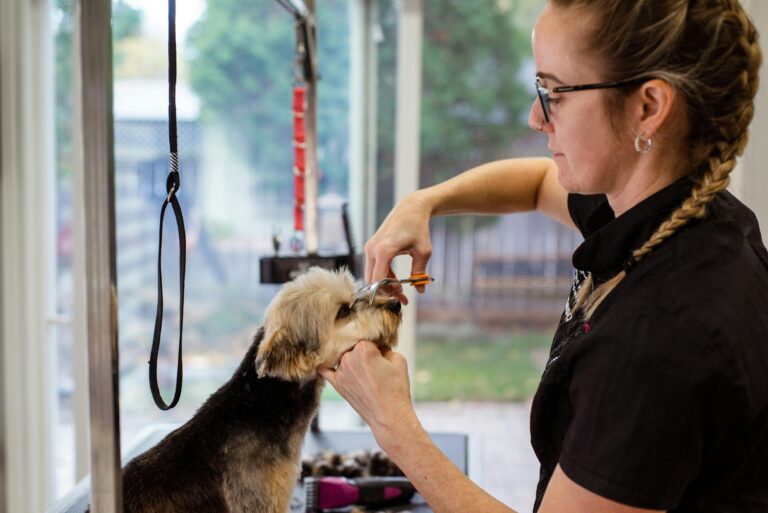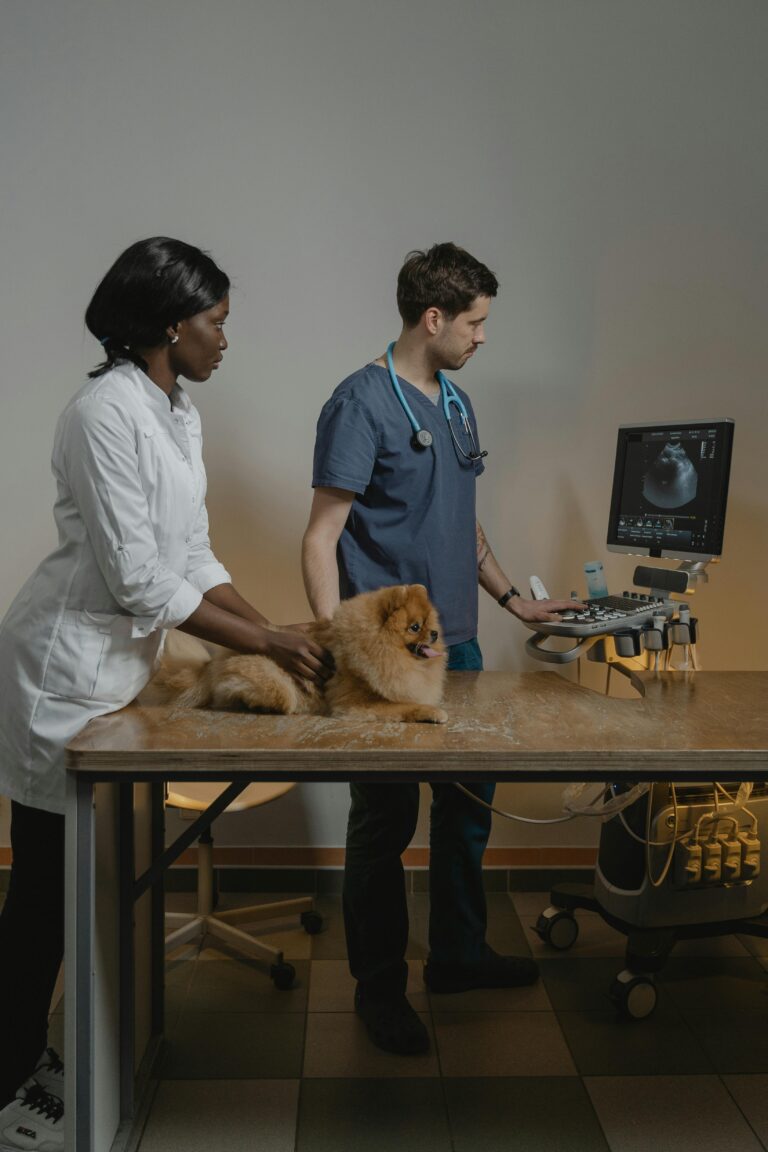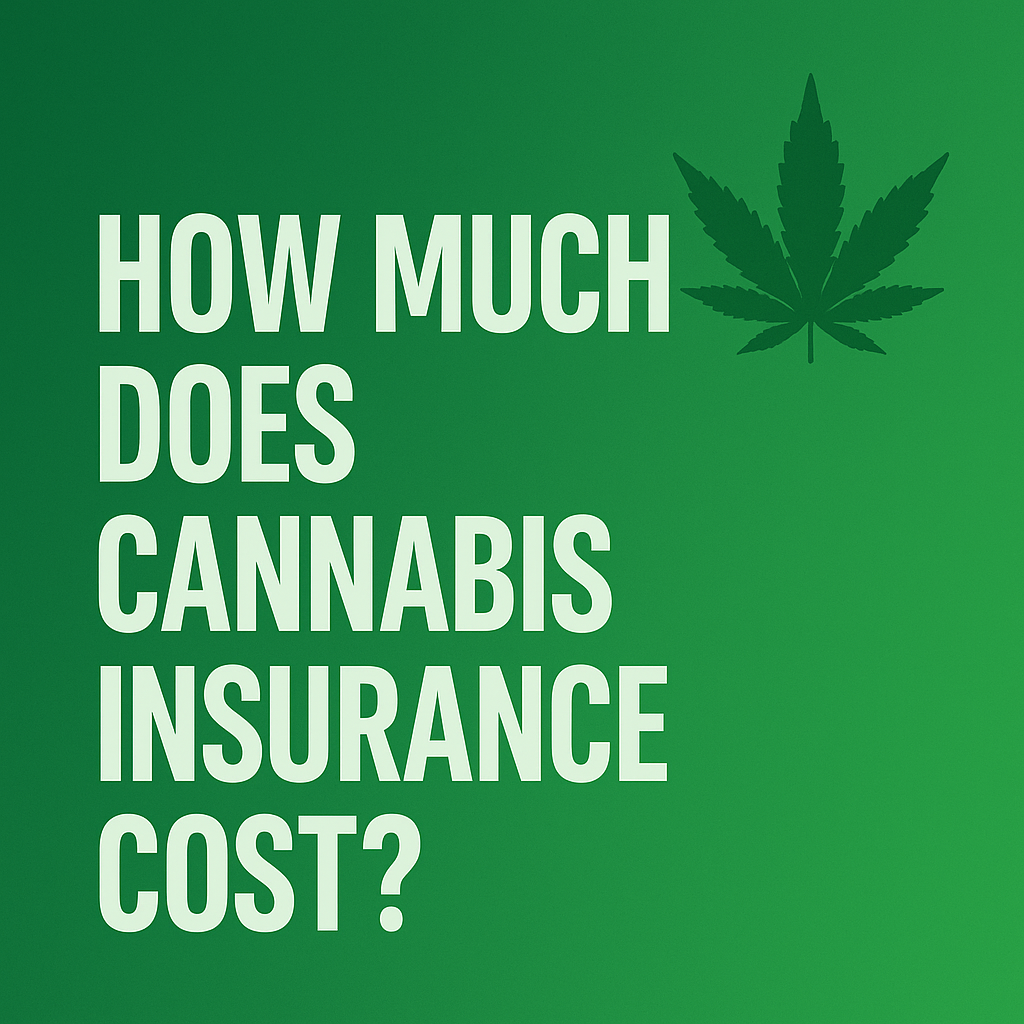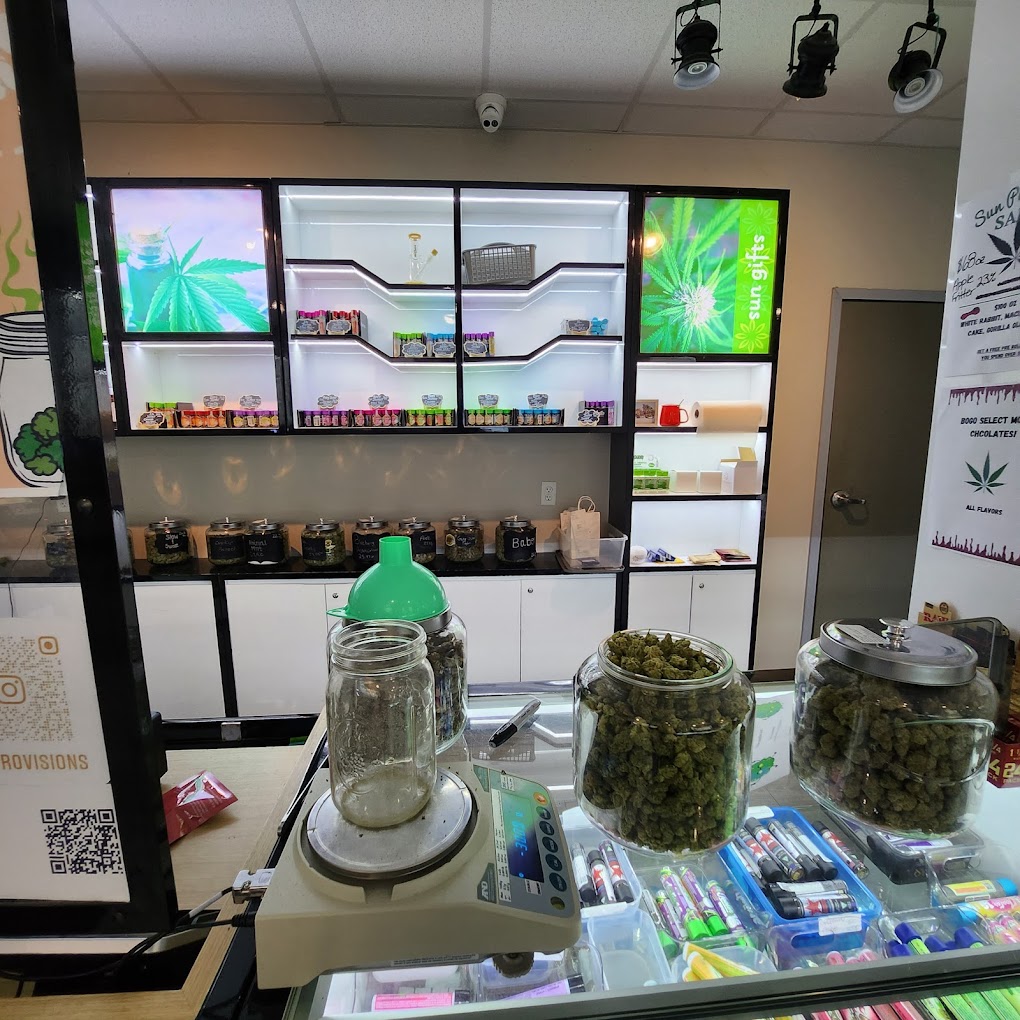Insurance For Pet Care Businesses
Home » Pet Services Insurance
Protect Your Pet Care Business with Confidence

Running a pet care business comes with risks—injuries, accidents, or unexpected incidents could put everything you’ve built in jeopardy. But with the right insurance coverage, you can focus on what you do best—caring for pets—without worrying about financial setbacks.
How Much Will It Cost to Protect Your Business?
Every pet service business is different, and your insurance should be too. Our Pet Services Insurance Calculator gives you an instant, customized estimate so you can see what coverage you need and what it will cost—no phone calls, no guesswork.
Robust Protection
We offer specialized coverage for groomers, boarding facilities, and pet daycares to protect your facility, equipment, and furry clients
Animal Bailee Coverage
Guard your business against liability claims related to animal injuries or incidents, ensuring both pets and owners are covered.
Business Continuity
Protect your revenue stream from unforeseen interruptions, ensuring your pet care business continues to thrive.
Professional Liability
Protection in case a client claims their pet was harmed while in your care, covering you against legal expenses and potential damages.

Peace of Mind for Pet Care Providers
Our insurance policies are designed to provide peace of mind, covering everything from accidental injuries to property damage. With our support, you can ensure the safety and happiness of the pets in your care, while protecting your business from unexpected events.
General Liability
Covers bodily injury and property damage claims that may occur at your pet care facility, whether caused by accidents or negligence.
Animal Bailee Coverage
Protects you from liability if an animal in your care is injured, lost, or dies, covering vet bills or compensation to the pet owner
Equipment Breakdown
Covers the cost to repair or replace grooming tools, washing equipment, and other critical systems in your facility, helping to avoid business disruption.
Business Interuption
Ensures you’re compensated for lost revenue if you need to shut down temporarily due to a covered event, helping you cover ongoing expenses.
Property Insurance
Protects your building, equipment, and other assets from damages caused by fires, theft, or natural disasters, securing your physical assets.
Professional Liability
This coverage protects your pet care business from claims of negligence, mistakes, or failure to provide professional services. Whether you’re a groomer, trainer, or sitter, this coverage helps cover legal fees and damages if a client alleges harm to their pet under your care.
Cyber Liability
Safeguards your business from the financial fallout of cyberattacks, data breaches, or system hacks. In an increasingly digital world, this coverage protects against the costs of restoring data, notifying customers, and potential lawsuits related to compromised client information.
Workers' Compensation
Covers medical expenses, lost wages, and rehabilitation costs for employees who are injured or become ill while working. This essential coverage is a legal requirement in many states and ensures your employees are protected while on the job, whether they’re handling pets or performing other duties.
Commercial Auto
Provides protection for vehicles used in your pet care business, whether you’re transporting animals or supplies. This coverage includes liability, physical damage, and uninsured/underinsured motorist protection, ensuring your vehicles—and the pets or cargo inside—are covered in case of accidents or damage.
Commercial Umbrella
Provides an extra layer of protection beyond your standard liability policies. If a claim exceeds the limits of your general or professional liability, commercial umbrella coverage steps in to help cover the remaining costs, ensuring your business is fully protected.
Meet Our Pet Care Services Team

Misty Livermore, CAWC
Account Manager

Tracy Clothier
Account Manager
"Misty takes care of all my insurance needs and helps me understand the insurance coverage! Been with her for at least ten years. She sells me the insurance coverage I need at a price I can afford." - Kimberly M.


"Always a pleasure dealing with Tracy. She keeps us abreast of everything, any changes, updates, you name it. She always makes us feel like we're her only customer. We're blessed to have her as our insurance agent." - Teresa N.
Proud to Represent






The Latest in Insurance News
Before purchasing insurance for your business, there are several factors you should consider. Feeling overwhelmed? We’ve got you covered. Get the essential information in our insurance blog.

How Much Does Cannabis Insurance Cost? (And What Drives the Price Up or Down?)
Every cannabis business — from startup growers to fast-scaling dispensaries — asks one question above all: “How much will insurance cost?” We believe you deserve a transparent, no-surprises answer. Typical Premium Ranges What Influences Pricing? Factor Impact on Premium Annual revenue More revenue = higher product & general liability exposures

Starting a Dispensary in Minnesota? 4 Smart Insurance Strategies to Improve Cash Flow
The #1 mistake dispensary startups make? Overpaying for Minnesota dispensary insurance they don’t need. Minnesota dispensary owners: Don’t let overpriced insurance drain your startup’s cash flow before you even open your doors! Opening a cannabis dispensary in Minnesota is an exciting opportunity, but navigating the complexities of the industry requires

Think You’re Insured? 7 Cannabis Insurance Gaps That Could Cost You Big
If your cannabis insurance policy includes these exclusions or warranties, your business could be at serious risk due to insurance gaps. Understanding Common Exclusions and Warranties in Cannabis Insurance Policies The cannabis industry faces unique challenges when it comes to insurance. With strict regulations, high-risk exposures, and an evolving legal

